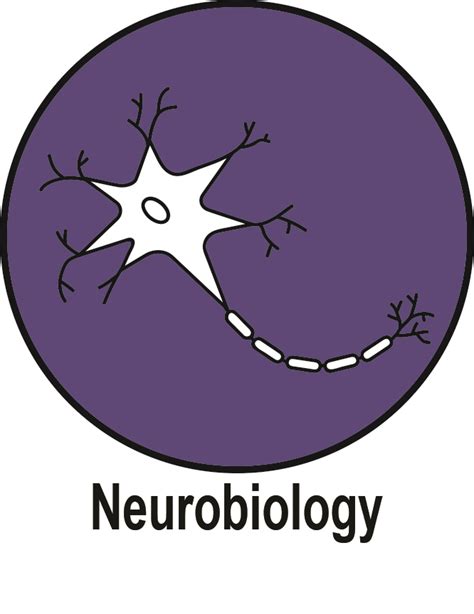Introduction
MCB (Molecular, Cellular, and Developmental Biology) is an interdisciplinary field that explores the fundamental principles of life at the molecular, cellular, and organismal levels. MCB majors gain a deep understanding of the structure, function, and regulation of living organisms, equipping them for careers in research, academia, healthcare, and industry.

Core Course Requirements
The core curriculum for MCB majors typically includes:
- Biology Core: General biology, cell biology, molecular biology, genetics, biochemistry, and organismal biology
- Chemistry Core: General chemistry, organic chemistry, physical chemistry, and analytical chemistry
- Mathematics: Calculus, statistics, and linear algebra
- Other Requirements: Physics, computer science, and writing
Electives and Specializations
In addition to the core courses, MCB majors can choose from a wide range of electives to specialize in specific subfields, such as:
- Biochemistry and Molecular Biology: Protein structure and function, gene regulation, cell signaling
- Cell Biology: Cell division, cell motility, cell-cell interactions
- Developmental Biology: Embryonic development, organogenesis, stem cells
- Immunology: Immune system, antibody-antigen interactions, immune disorders
- Neuroscience: Nervous system function, brain development, neurodegenerative diseases
Laboratory and Research Experience
MCB majors gain practical experience through laboratory courses and research projects. These experiences:
- Enhance technical skills in molecular biology, cell culture, and microscopy
- Develop critical thinking and problem-solving abilities
- Provide opportunities for hands-on research and collaboration with faculty
Career Paths
MCB graduates pursue diverse careers, including:
- Research Scientist: Academia, government labs, pharmaceutical and biotechnology companies
- Biotechnologist: Development and production of therapeutic drugs, vaccines, and diagnostic tests
- Physician: Medical doctor specializing in areas such as oncology, cardiology, and immunology
- Pharmacist: Dispensing and managing medications, providing patient care
- Educator: High school and college biology teacher, science administrator
Demand for MCB Majors
The demand for MCB majors is high due to:
- Growing healthcare industry: Advancements in biotechnology and personalized medicine require skilled MCB professionals
- Aging population: Increasing demand for healthcare services and research on age-related diseases
- Technological advancements: New technologies, such as CRISPR and single-cell sequencing, create opportunities for MCB research and innovation
According to the Bureau of Labor Statistics, employment of biological scientists, which includes MCB majors, is projected to grow by 5% from 2021 to 2031, faster than the average for all occupations.
Table 1: Core Course Requirements for MCB Majors
| Course |
|—|—|
| General Biology I |
| General Biology II |
| Cell Biology |
| Molecular Biology |
| Genetics |
| Biochemistry |
| Organismal Biology |
|General Chemistry I |
|General Chemistry II |
| Organic Chemistry I |
| Organic Chemistry II |
| Physical Chemistry |
| Analytical Chemistry |
| Calculus I |
| Calculus II |
| Statistics |
| Linear Algebra |
| Physics I |
| Physics II |
| Computer Science |
| Writing I |
| Writing II |
Table 2: Electives and Specializations for MCB Majors
| Subfield | Sample Courses |
|---|---|
| Biochemistry and Molecular Biology | Protein Structure and Function, Gene Regulation, Cell Signaling |
| Cell Biology | Cell Division, Cell Motility, Cell-Cell Interactions |
| Developmental Biology | Embryonic Development, Organogenesis, Stem Cells |
| Immunology | Immune System, Antibody-Antigen Interactions, Immune Disorders |
| Neuroscience | Nervous System Function, Brain Development, Neurodegenerative Diseases |
Table 3: Career Paths for MCB Majors
| Career | Description |
|---|---|
| Research Scientist | Conduct research in academia, government labs, or industry |
| Biotechnologist | Develop and produce therapeutic drugs, vaccines, and diagnostic tests |
| Physician | Medical doctor specializing in areas such as oncology, cardiology, and immunology |
| Pharmacist | Dispense and manage medications, provide patient care |
| Educator | High school and college biology teacher, science administrator |
Table 4: Demand for MCB Majors
| Statistic | Value |
|---|---|
| Growth in employment of biological scientists from 2021 to 2031 | 5% |
| Number of jobs in biological sciences projected by 2031 | 93,800 |
| Average annual salary for biological scientists | $97,630 |
Conclusion
MCB is a dynamic and rewarding field that offers a wide range of career opportunities for students interested in exploring the fundamental principles of life. With its rigorous coursework, hands-on laboratory experience, and numerous specialization options, MCB majors are well-prepared for careers in research, healthcare, and industry.
